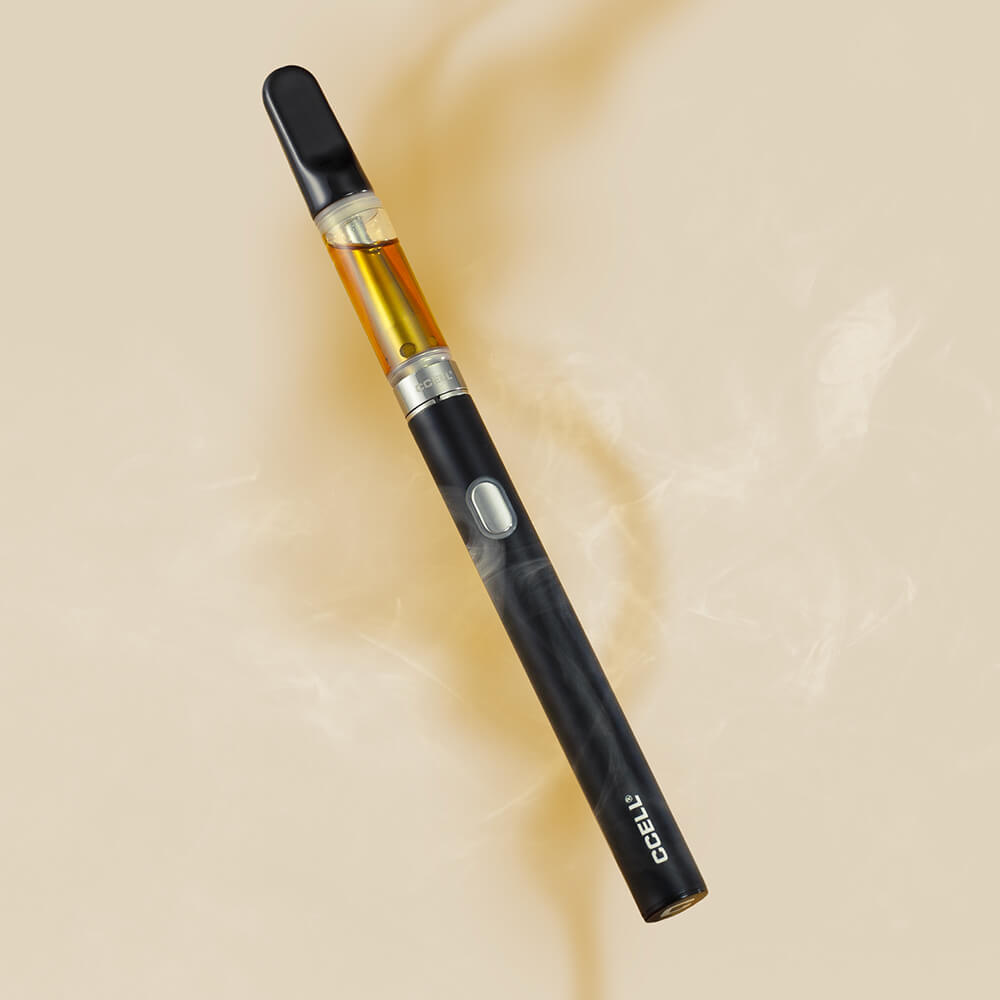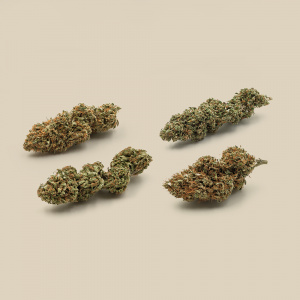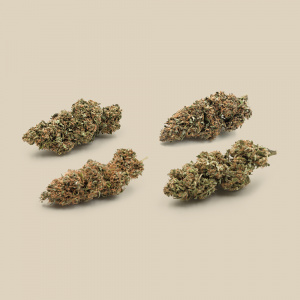The benefits of CBD
A positive environmental impact.
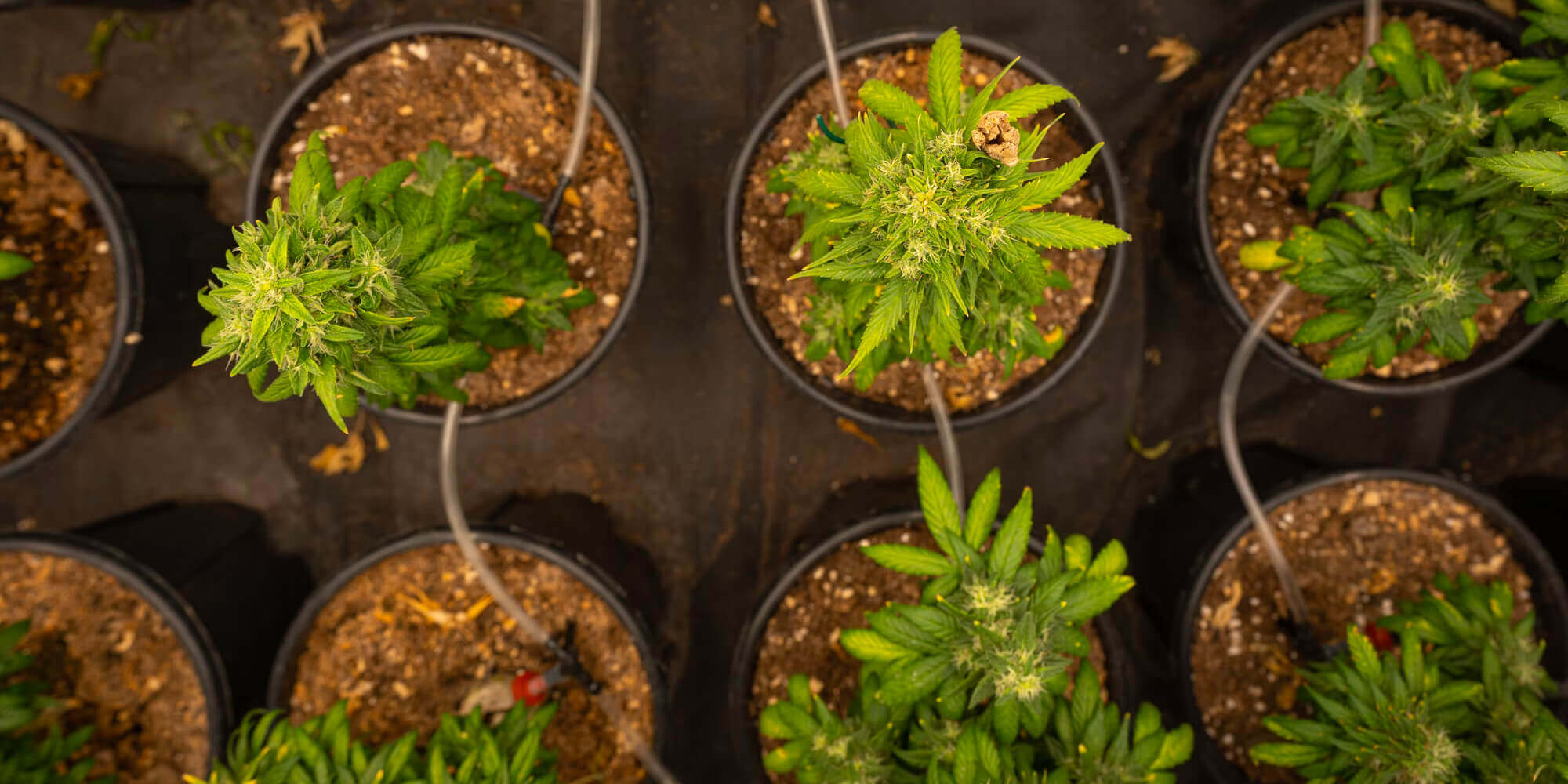
CBD not only brings health benefits, it also represents an ecological solution to today's environmental challenges.
Hemp, the source of CBD, is a plant with multiple environmental virtues. It helps reduce carbon emissions, preserve biodiversity and combat climate change.
In this section, discover how CBD and its parent plant, hemp, can play a crucial role in the transition to a greener, more sustainable economy.

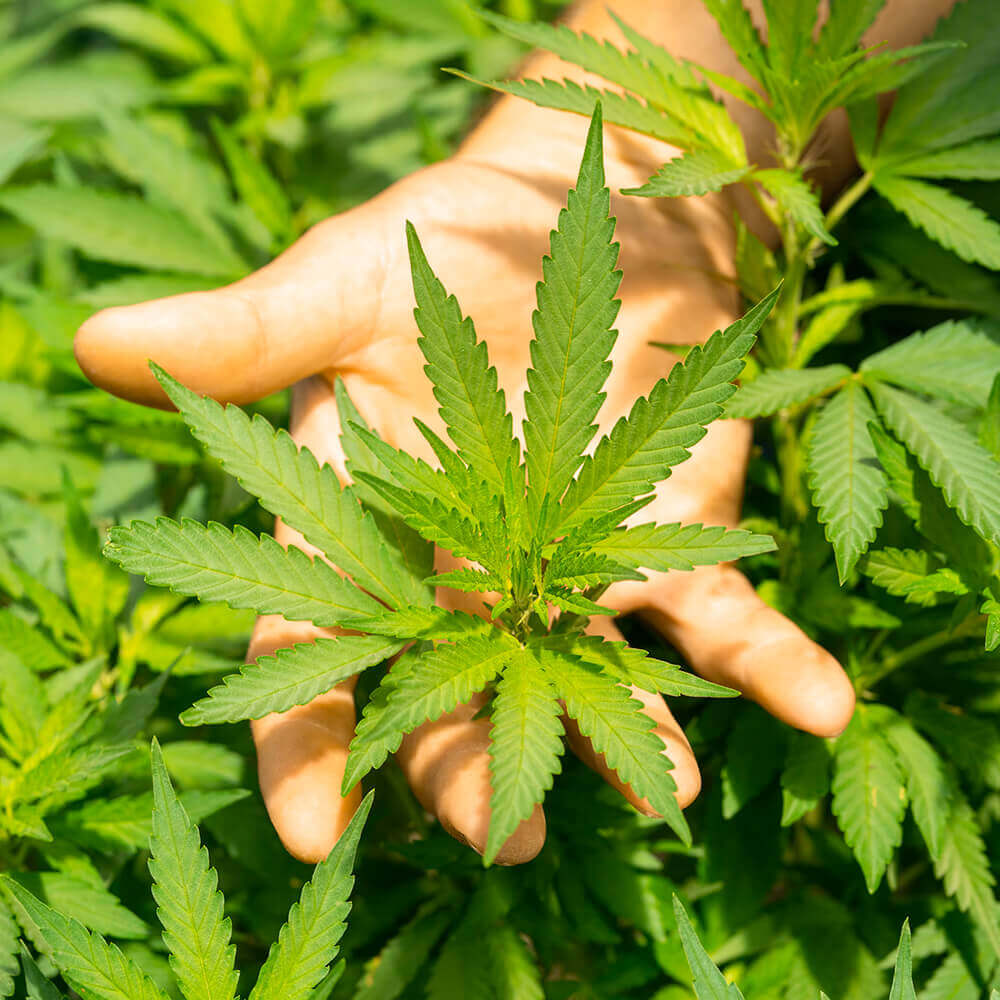
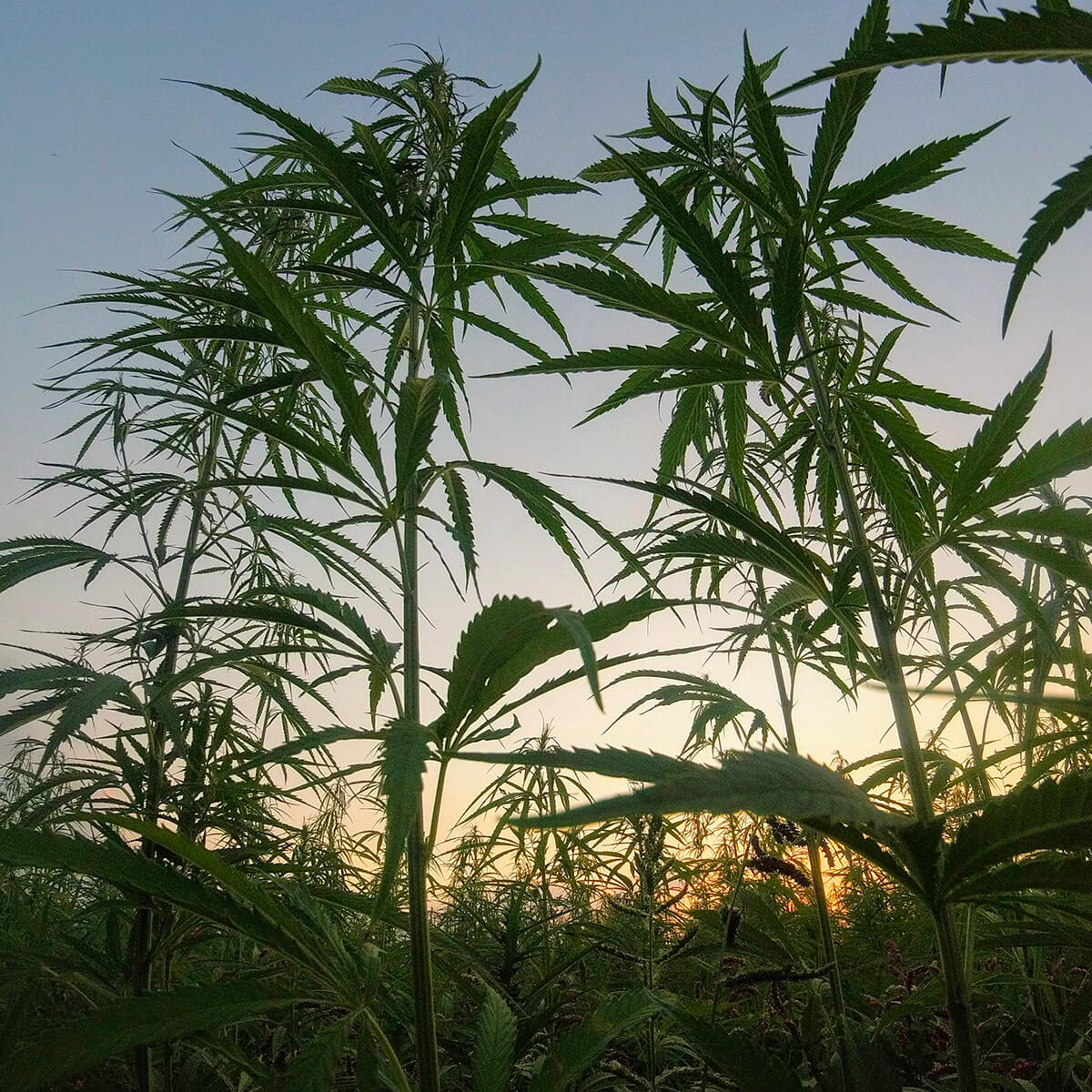
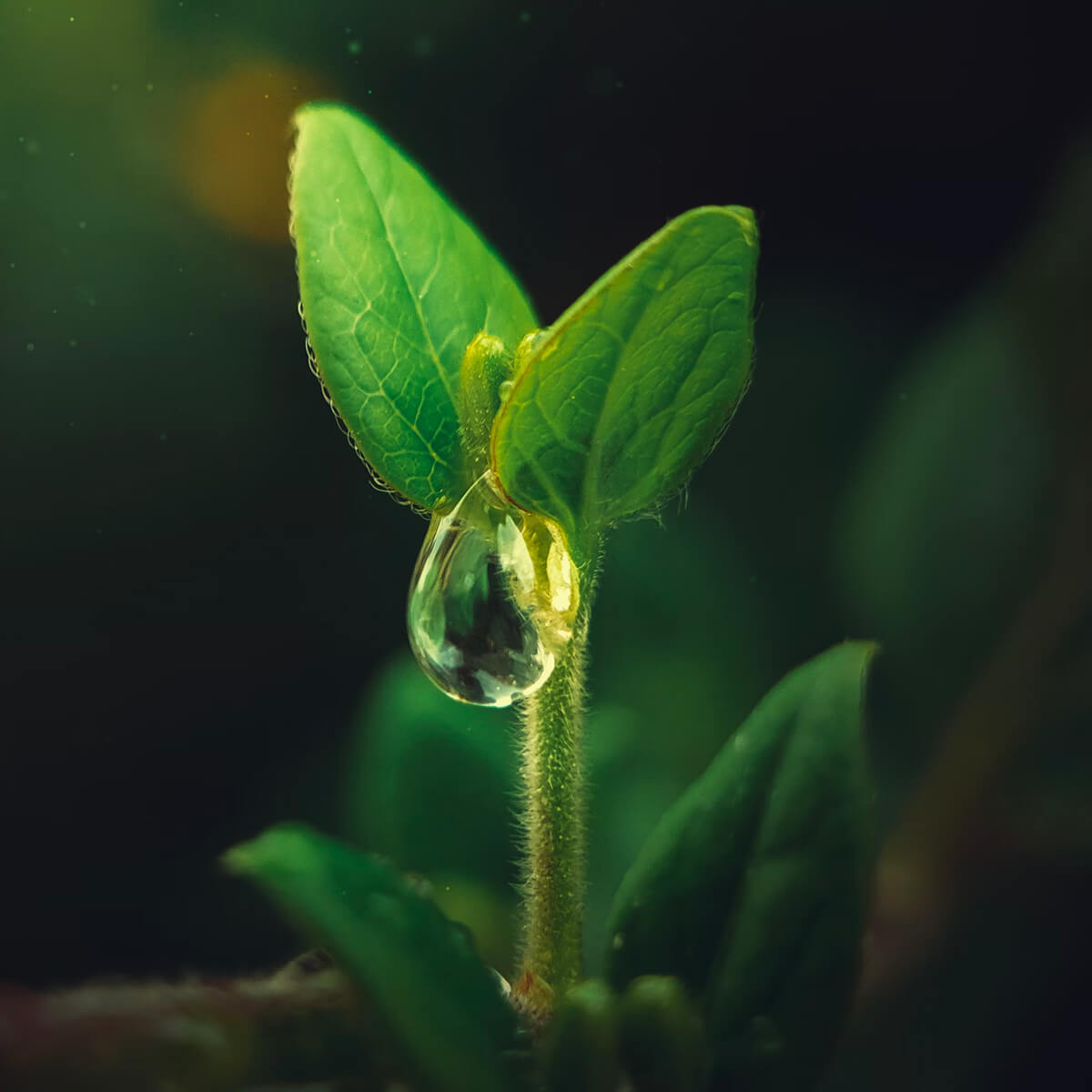
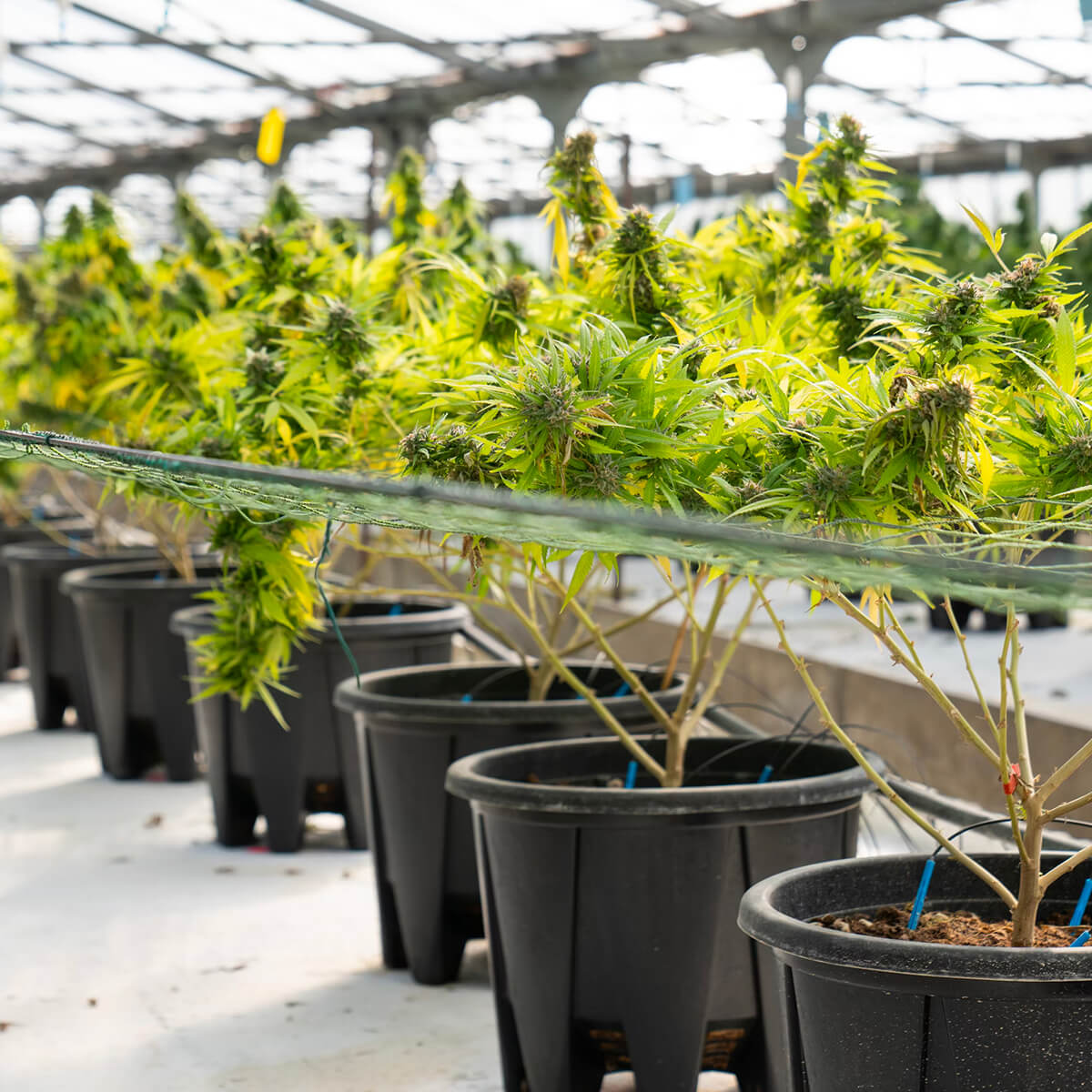
Hemp: Virtually carbon-neutral production.
Hemp cultivation is distinguished by its low carbon impact. Unlike many other crops, hemp absorbs more CO2 than it emits during its life cycle, making it carbon neutral.
Each hectare of hemp can absorb up to 15 tonnes of CO2, surpassing the emissions generated by its harvesting, processing and transportation.
What's more, hemp requires no pesticides, herbicides or fungicides, promoting biodiversity and soil sanitation.
Ecological benefits : Hemp, a water-efficient crop.
Hemp is a particularly water-efficient crop, a major asset in the current context of global warming and water shortages. Thanks to its deep roots, this plant is resistant to dry conditions and requires much less irrigation than other crops such as cotton.
This ability to draw water from deep within the soil, combined with its rapid growth cycle, makes hemp an ideal solution for sustainable, environmentally-friendly agriculture, reducing dependence on water resources.
Hemp : An entirely valuable plant.
Hemp is a true super-plant, fully recoverable and with multiple applications. From stalks and leaves to fibers and seeds, every part of hemp can be put to effective use. Its robust fibers are prized in the textile industry, surpassing cotton in durability and ecological impact.
Hemp concrete offers an eco-friendly alternative in construction, while its seeds, rich in fatty acids, find their way into food and cosmetics. What's more, hemp is used in the manufacture of specialty papers, biofuels and even automotive materials, making this plant an essential resource for a circular economy.








